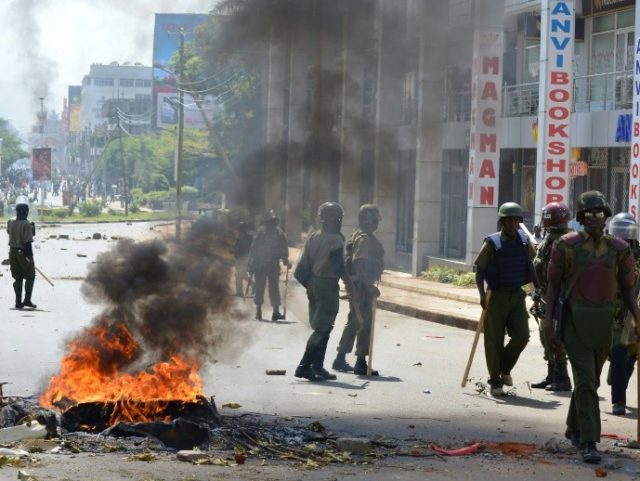KENYA, Narok: Decades of effort to bring to rest the clashes between the Maasai community and its neighbors seem to have gone awry. Though we are living in an era of progress in the 21st century, it´s important to consider what has transpired over the years.
Decades’ Old Clash. Between the 1950s and 1980s, intense clashes between the Maasai and the Nandi sub-tribe of the Kalenjin took place. In a raid referred to by historians as the battle of Kipkarren Valley, the Nandi rooted out the Euasin Nkishu (also spelled as Ilwasinkishu). This allowed the Maasai to move in and appropriate the fertile plateau that provided lush grassland for their cattle.
The Kalenjin didn´t hand over such rich land to the Maasai community willingly, they opted to die fighting for their allegedly ancestral land rather than sit and watch as the Maasai take over.
The Rift Valley has traditionally been the home of pastoral groups, including the Maasai, Kalenjin, Samburu, and Turkana. During the colonial period, white settlers were drawn to this abundant place. They staked out vast farms and brought in Kissi, Luhya, and Kikuyus to work their fields. After Kenya gained its independence in 1963, British settlers in these “White Highlands” began to sell off their lands. This provided President Jomo Kenyatta, a member of the Kikuyu, with an answer to one of the most pressing problems of the day: population growth and landlessness.
Desperate Option for Kenyans:
The recently emancipated Kenyans were jubilant, but the problem of illiteracy persisted. Elites were the sole beneficiaries as they were able to understand legal matters. They were well-acquainted with property law and the law of succession. Those who were illiterate were left with one alternative solution to their land problem: War. Since then, the country has endured 50 years of clashes in the Trans Mara region between the Maasai and the Kalenjin sub-tribe. The battles have grown fiercer and deadlier over time.
BBC World News reported that there were tribal clashes in the Trans Mara Kisii district in the weeks leading up to the 1997 general election, which left upwards of 50 people dead. Thus the area was declared a security zone by the Kenyan president, Daniel Torotich Arap Moi. The violence escalated in the preceding weeks, and it was speculated that the traditional clashes had become politicized.
Violent conflicts between the Kisii and the Maasai tribes along the borders of Gucha in the Trans Mara, and also in Kisii, took place in late 1997. This left villages charred and thousands of people displaced. A witness said that this violence led to more clashes in which seven other Kisii were killed and 18 houses burned along the Gucha-Trans Mara border. The latter incident took place when a team of Kisii crossed into the Trans Mara to track a herd of cattle allegedly stolen from one of their tribe members.
Kissis who moved their homes to Maasai land to seek employment on farms (the Maasai needed the Bantu for this work), faced an onslaught of terror. Some of them were lynched in broad daylight while making their way to work. The lucky ones had their homes burned.
Sub-clans Turn Against One Another:
Today the war has shifted and the Maasai sub-clans are now fighting amongst themselves. The recent conflict is between the Siria sub-tribe and the Uasingishu sub-tribe in Trans Mara West sub-county of Narok. School-age children now stay at home in fear of their lives. Security in the area is derailing. Hospitals are heavily crowded due to the increasing number of casualties. Private investors are withdrawing their investments from the area, leaving it to languish.

Natembeya Issues Title Deeds to Ease Tensions:
The Rift valley Region Commissioner, George Natembeya, recently visited the Trans Mara and said that the government will facilitate the issuing of title deeds to every single person in the area. This is, of course, to help curb the ongoing issue of land wars. Leaders who are suspected of fomenting the clashes have been warned sternly in an effort to ease the tension for the Trans Mara residents.

